Hi there, pet lovers! 🦎
Knob-tailed geckos are some of the most unique and fascinating reptiles you can bring into your home. With their quirky appearance, intriguing behaviors, and manageable care requirements, they’ve become a favorite among reptile enthusiasts. However, they’re not your typical gecko—these little oddballs come with their own set of quirks and needs. In this detailed review, we’ll explore everything you need to know about Knob-tailed geckos, from their temperament and care requirements to their availability and costs. Whether you’re a seasoned reptile keeper or a curious beginner, this guide will help you decide if a Knob-tailed gecko is the right pet for you.
Overview
Knob-tailed geckos (genus Nephrurus) are small, nocturnal lizards native to the arid regions of Australia. Known for their distinctive knobby tails, viper-like heads, and large, expressive eyes, they’re a blend of charm and oddity. Here’s a quick summary of what makes them stand out:
- Handling and Temperament: Gentle and calm but fragile; best handled minimally.
- Care and Maintenance: Moderate care requirements with specific humidity and temperature needs.
- Health and Durability: Generally hardy but sensitive to improper handling and environmental changes.
- Availability: Rare and primarily available through specialized breeders or expos.
- Cost: Higher upfront cost for the gecko itself, but affordable setup and maintenance.
- Overall: A unique and rewarding pet for intermediate to experienced reptile keepers.
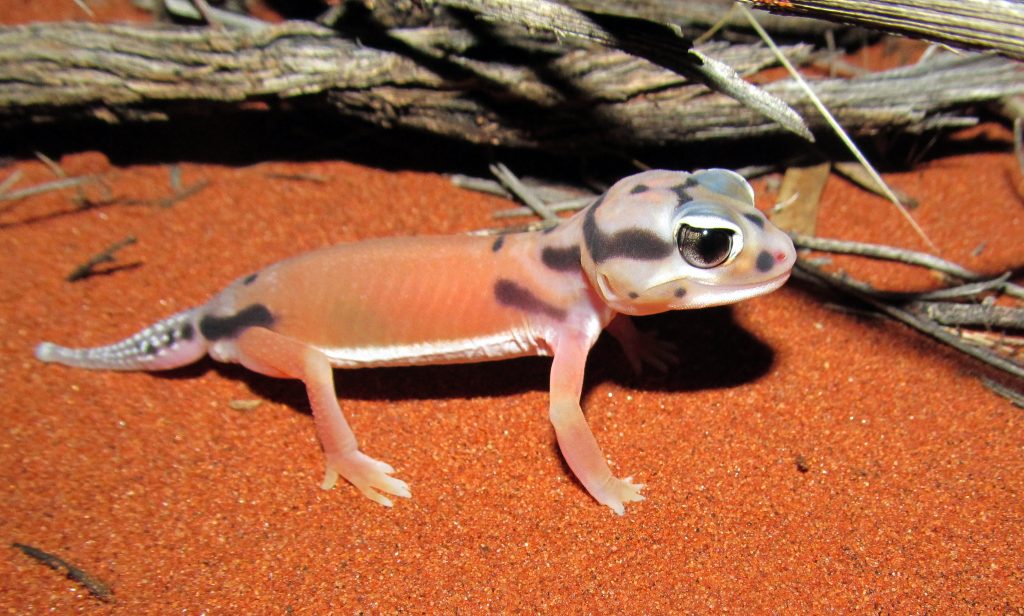
Why Choose a Knob-tailed Gecko?
Knob-tailed geckos are perfect for reptile enthusiasts looking for something truly unique. Their unusual appearance and fascinating behaviors make them a standout addition to any collection. While they’re not the most beginner-friendly geckos, their manageable care requirements and calm demeanor make them a great choice for those willing to put in the effort.
Handling and Temperament
Knob-tailed geckos are generally calm and gentle, making them a joy to interact with—in moderation. They’re not prone to biting or aggression, but their small size and delicate bodies mean they’re more vulnerable to stress and injury than some other gecko species.
Personality Variations
- Some Knob-tailed geckos are more relaxed and tolerate handling better, while others may be more skittish.
- Their behavior as juveniles often reflects their adult temperament. A calm juvenile will likely remain calm as an adult.
Handling Tips
- Always handle them gently and for short periods to avoid stress.
- Avoid handling them too frequently, as excessive handling can lead to tail drops—a defense mechanism they use when frightened. While some species can regrow their tails, others cannot, so it’s best to minimize stress.
- Supervise interactions with children, as their delicate bodies can be easily injured.
Biting
Knob-tailed geckos rarely bite, but if they do, it’s usually a small, harmless nip. They’re not aggressive by nature and pose no real threat to their handlers.
Overall, Knob-tailed geckos are delightful to handle in moderation, but their fragility means they’re best suited for keepers who can respect their boundaries.
Care and Maintenance
Knob-tailed geckos are relatively low-maintenance, but they do have specific care requirements that need to be met to ensure their health and happiness.
Enclosure Setup
- Size: A 20-gallon tank is suitable for one adult Knob-tailed gecko. While they’re small, they appreciate having space to explore.
- Substrate: Use natural sand (not calcium sand, which can cause digestive issues if ingested). Avoid loose substrates that could lead to impaction.
- Climbing and Hiding: Provide plenty of hides and low branches for climbing. While they’re not arboreal, they enjoy having options to explore.
Humidity and Temperature
- Humidity: Knob-tailed geckos thrive in arid environments but benefit from occasional misting to provide water droplets for drinking. Avoid keeping the enclosure too damp, as this can lead to health issues.
- Temperature: Maintain a warm hide with an under-tank heater set to 85-90°F (29-32°C) and a cooler side around 70-75°F (21-24°C). Avoid overhead lighting, as these nocturnal geckos prefer darkness.
Feeding
- Diet: Knob-tailed geckos are insectivores and thrive on a diet of live insects like crickets, dubia roaches, and mealworms. They’re movement-oriented predators, so ensure their prey is active to stimulate their hunting instincts.
- Supplements: Dust their food with calcium and vitamin D3 supplements to prevent nutritional deficiencies.
- Feeding Schedule: Feed juveniles daily and adults every other day, adjusting portion sizes based on their appetite.
Lighting
Knob-tailed geckos do not require UVB lighting, as they’re nocturnal. However, providing a low-level UVB light can benefit their overall health if used sparingly.
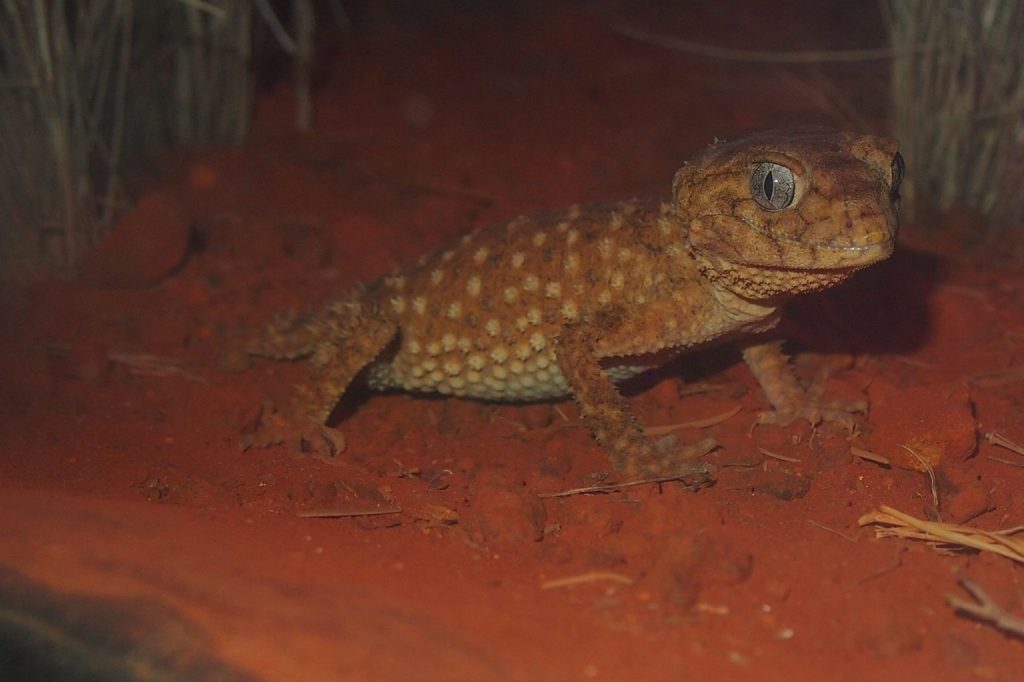
Health and Durability
Knob-tailed geckos are generally hardy, but their small size and delicate nature make them more susceptible to stress and injury.
Common Health Issues
- Respiratory Infections: Caused by excessive humidity or poor ventilation.
- Dehydration: Occurs if humidity levels are too low or if they’re not provided with enough water droplets.
- Tail Loss: A stress response that can be minimized with gentle handling.
Preventative Care
- Maintain proper humidity and temperature levels.
- Handle them gently and minimally to avoid stress.
- Provide a balanced diet and clean water.
With proper care, Knob-tailed geckos can live up to 10 years, making them a long-term commitment for dedicated keepers.
Availability and Cost
Knob-tailed geckos are not as readily available as some other gecko species, but they can be found through specialized breeders, reptile expos, and online retailers.
Where to Buy
- Breeders: The best option, as they can provide healthy, well-cared-for geckos.
- Reptile Expos: A great place to meet breeders and see a variety of geckos in person.
- Online Retailers: Some reputable online stores offer Knob-tailed geckos, but ensure they have positive reviews and ethical practices.
Cost
- Gecko Price: Knob-tailed geckos are on the pricier side, with standard morphs costing between $200 to $500. Rare morphs can cost significantly more.
- Setup Cost: A basic enclosure and supplies typically cost between $100 to $200, making them an affordable pet to maintain after the initial investment.
Pros and Cons
Pros
- Unique and fascinating appearance.
- Gentle and calm temperament.
- Manageable care requirements for intermediate keepers.
- Long lifespan (up to 10 years).
Cons
- Fragile and sensitive to stress.
- Higher upfront cost for the gecko itself.
- Not as readily available as other gecko species.
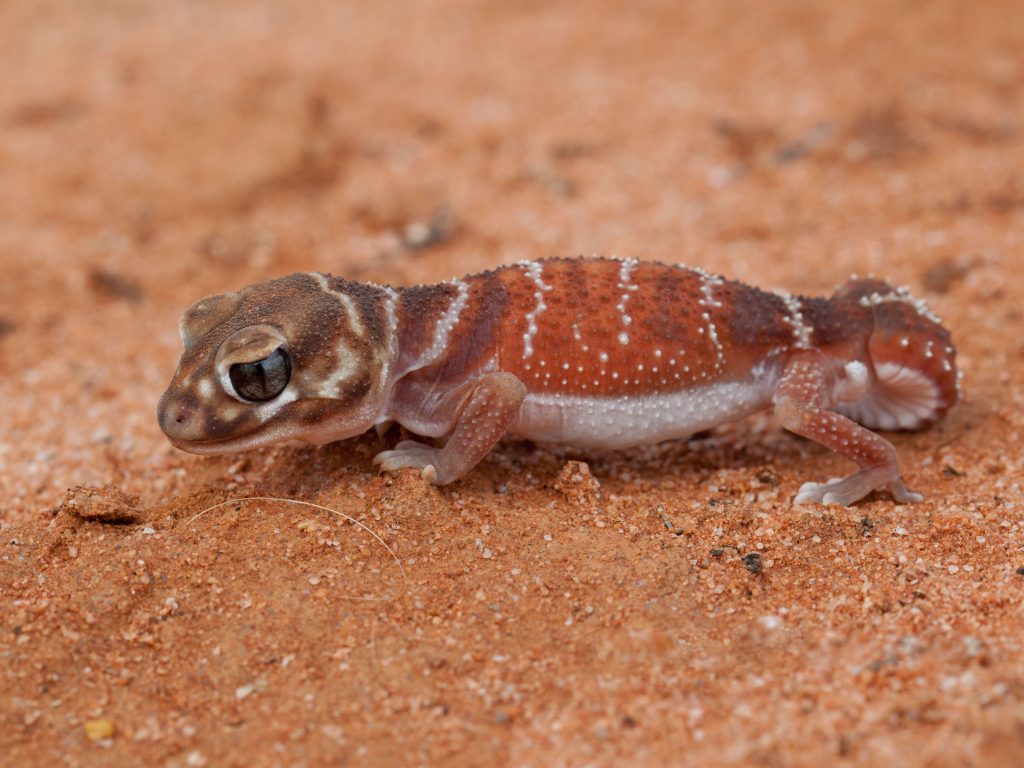
Final Thoughts
Knob-tailed geckos are a truly unique and rewarding pet for reptile enthusiasts who appreciate their quirky charm and manageable care requirements. While they’re not the most beginner-friendly geckos, their calm demeanor and fascinating behaviors make them a standout choice for intermediate to experienced keepers.
If you’re considering a Knob-tailed gecko, we recommend visiting a breeder or expo to meet them in person. Their individual personalities and stunning appearances are sure to win you over.
Have you owned a Knob-tailed gecko? Share your experiences and tips in the comments below! We’d love to hear how you care for your gecko and what makes them special to you.
For more reptile care tips and reviews, stay tuned to our blog and don’t forget to subscribe to our newsletter! 🦎



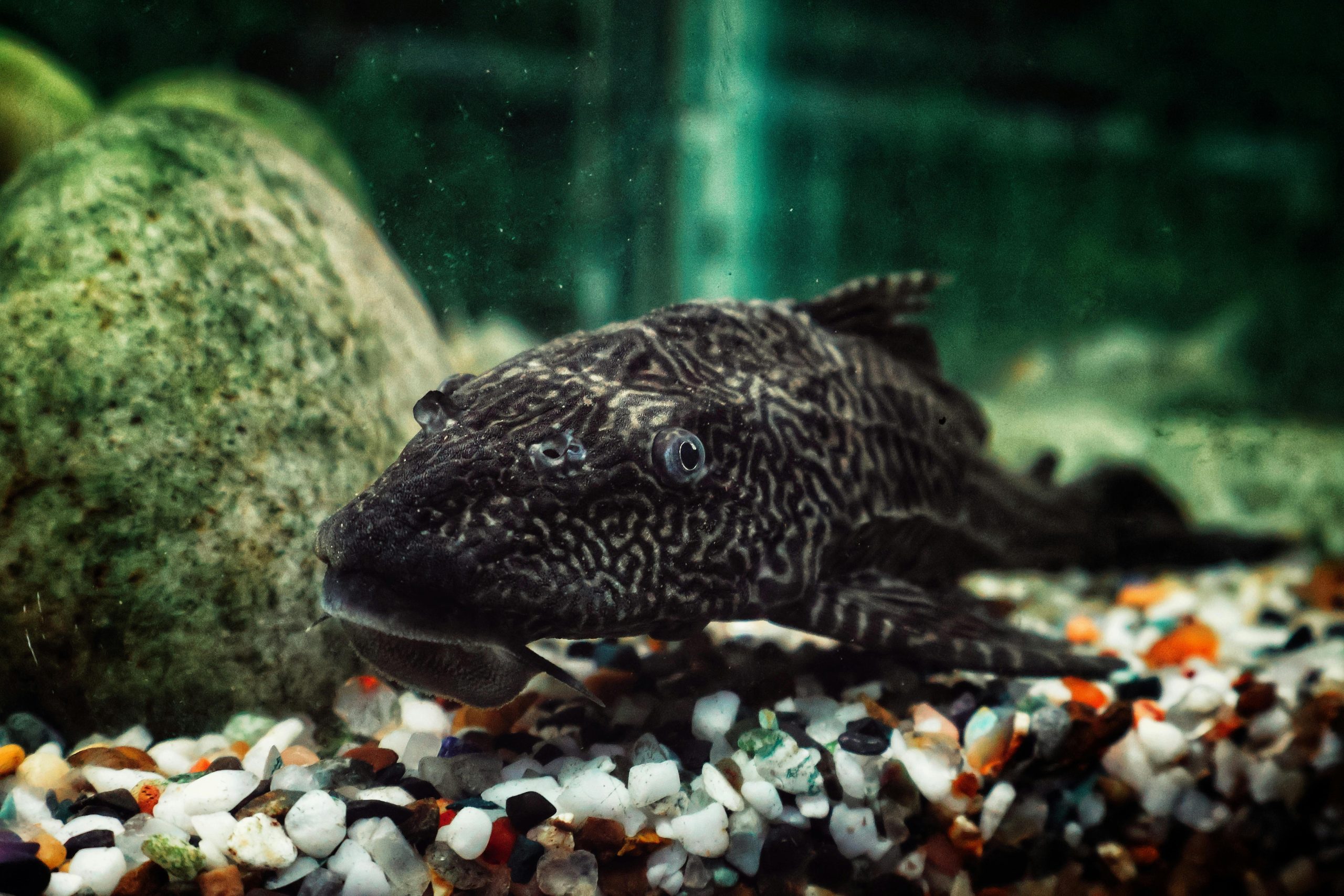
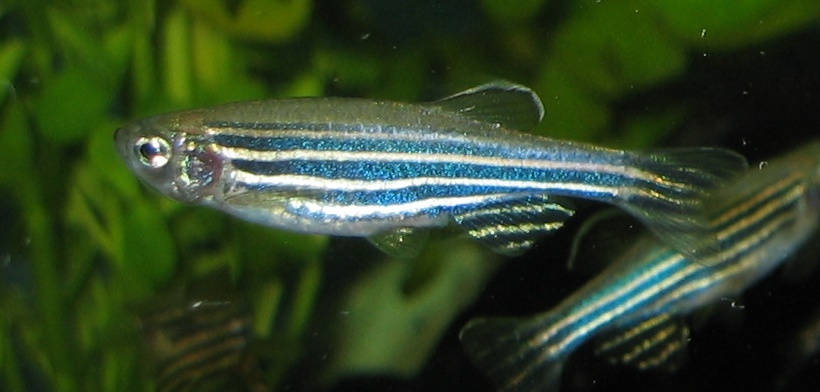
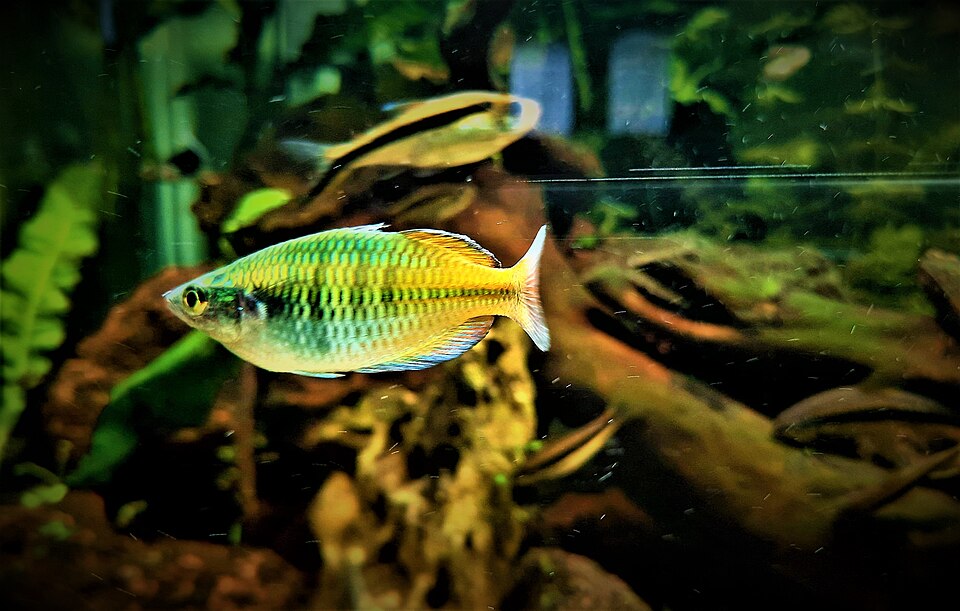
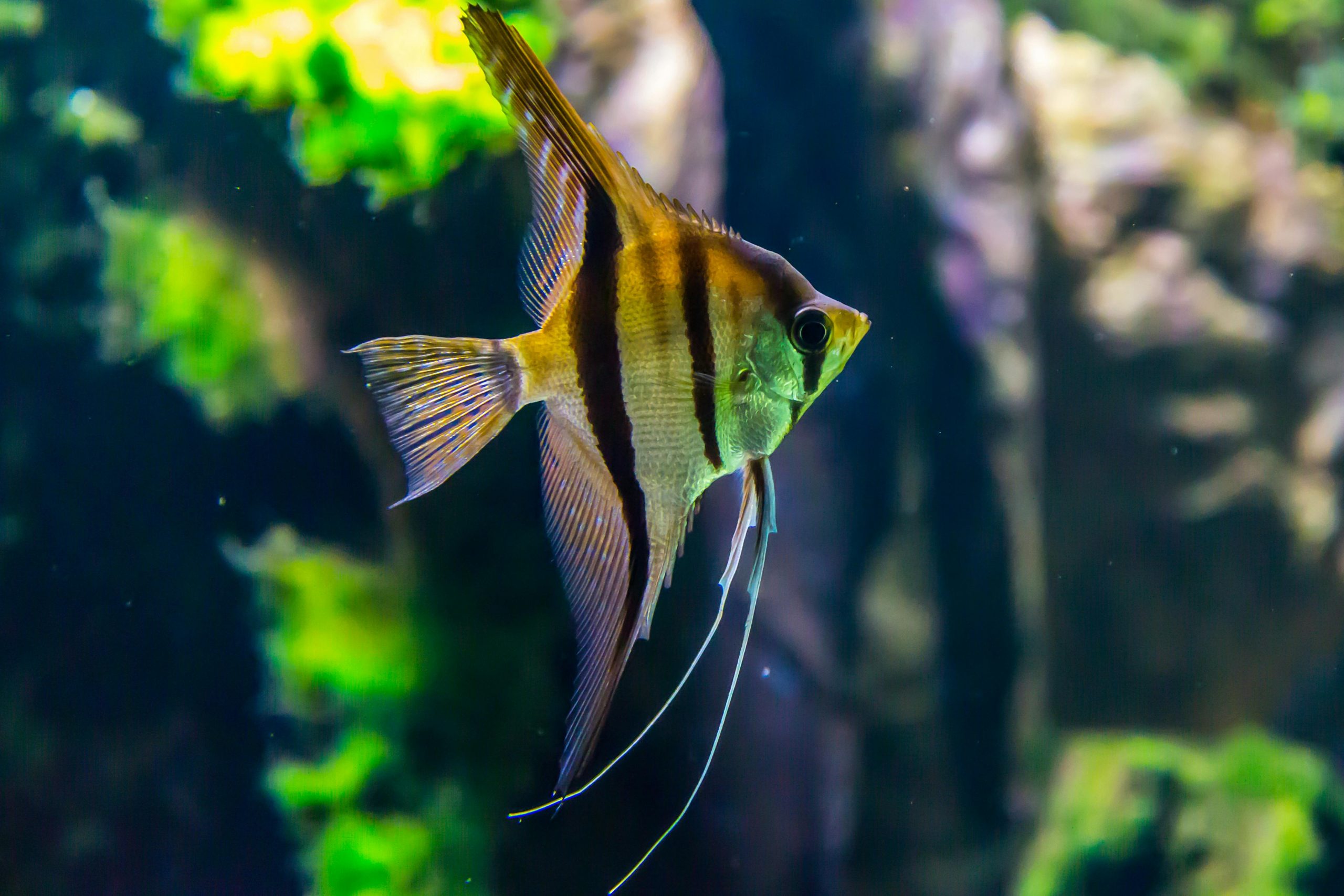
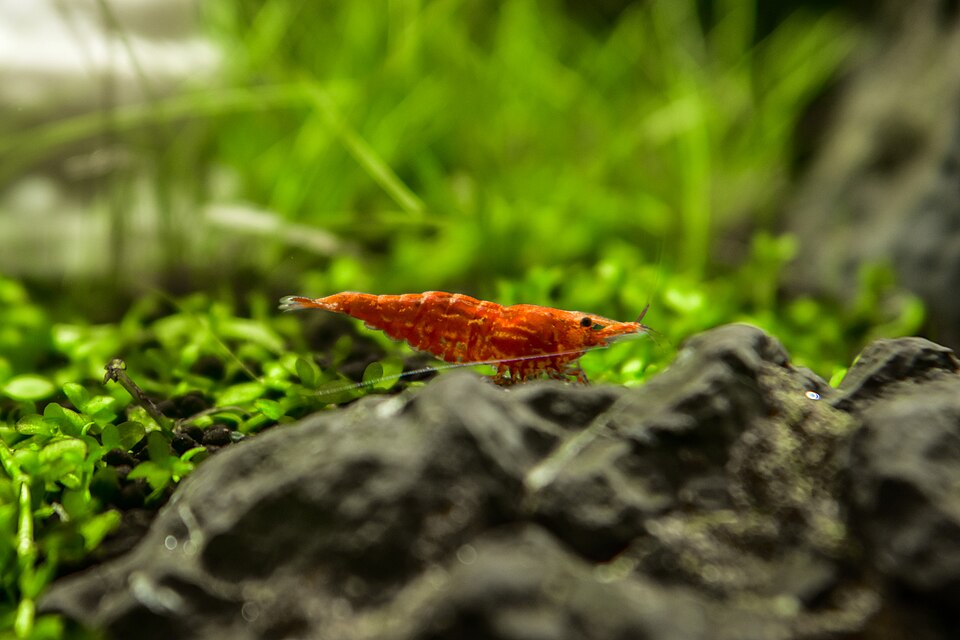
Leave a Reply